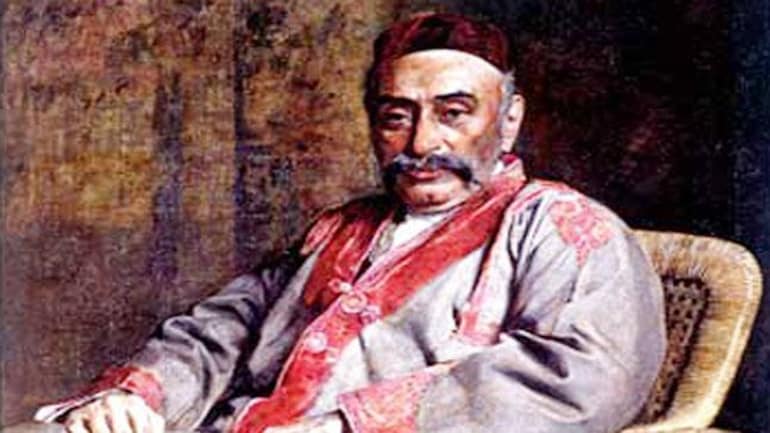Jamsetji Tata
This is a collection of articles archived for the excellence of their content. |
A brief biography

From: March 3, 2020: India Today
Remembering Jamsetji Tata: India's first visionary entrepreneur with an industrial mind
Jamsetji Nusserwanji Tata was an Indian industrialist and entrepreneur who founded the Tata Group, India's biggest conglomerate company. The massive success which the Tata Group enjoys today was the result of the vision and mission of one man -- Jamsetji Tata, who is also regarded as the "Father of Indian Industry".
An adventurous and ambitious young man, he dreamed of building an iron and steel company and a world-class educational institution among others. Blessed with an intuitive business sense and a sharp mind, he soon became a pioneering entrepreneur and founded his first venture, a trading concern in 1868. After setting up several other enterprises, he went on to incorporate the Tata Iron and Steel Company.
The visionary, who played a pivotal role in the development of India through his industrial and philanthropic activities, passed away on May 19, 1904.
Some interesting facts that you should definitely know about Jamsetji Tata:
He was born to a Parsi Zoroastrian family in Navsari, which was then part of the princely state of Baroda
He was born the same year as the American industrialist John D Rockefeller and set up his company around the same time as Rockefeller set up his own
After graduating from college in 1858, he joined his father's trading firm and worked in his father's company till 29 years of age. He then founded a trading company in 1868 with Rs 21,000 capital
He devoted his life to four goals: setting up an iron and steel company, a world-class learning institution, a unique hotel and a hydro-electric plant. However, only the hotel became a reality during his lifetime, with the inauguration of the Taj Mahal Hotel at Colaba waterfront in Bombay (now Mumbai) on December 3, 1903, at the cost of Rs 42 million. At that time, it was the only hotel in India to have electricity. His successors' work led to the three remaining ideas being achieved
He was the first entrepreneur in the country who recognised the effects of the industrial revolution for India
He was close to the Indian National Congress, and was strongly influenced by Dadabhai Naoroji, Pherozeshah Mehta and Dinshaw Wacha. However, contrary to them, he believed that political independence would be meaningless without economic self-sufficiency
His goal of political and economic self-sufficiency had such an effect that the British did not raise him to the rank of nobility as they did with other Parsi entrepreneurs
The city of Jamshedpur in Jharkhand is named in honour of Jamsetji. The old village of Sakchi set up by Tata's iron and steel plant (now urbanised) still exists within the city of Jamshedpur as its suburb
His vision of the Institute of Science in Bangalore, a steel plant in Jamshedpur, Bihar, and a hydroelectric company were brought to completion by his successors.